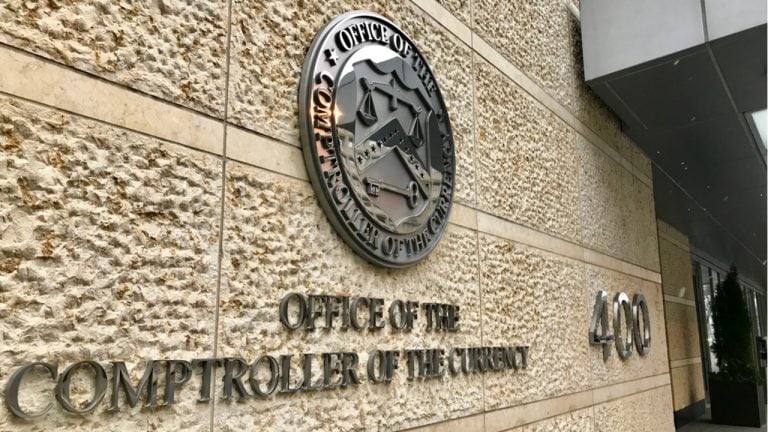
Bitcoin-related investment scams have already exceeded $18.5 million, an increase of 44% compared to the total losses of nearly $12.8 million in 2020.
Investment scams in Australia cost investors more than 70 million Australian dollars ($50.5 million) in the first six months of 2021, with crypto scams contributing to more than 50% of the losses, according to Scamwatch data.
As reported by the Australian Competition and Consumer Commission (ACCC), Scamwatch data shows a 53.4% increase in investment scam-related reports, which is set to exceed $101 million by the end of this year.
Based on the 4,763 reports received in 2021 alone, ACCC deputy chair Delia Rickard stated that 2,240 of the complaints were related to cryptocurrency scams and mainly attributed to Bitcoin (BTC).
Rickard said that scammers lure investors into using fake trading platforms with celebrity endorsements that promise high profitability. While the trading platforms initially allow investors to withdraw some profits using other victims’ assets, the scammer eventually stops unwary investors to withdraw their investments. “Be wary of investment opportunities with low risk and high returns. If something sounds too good to be true, it probably is,” she added.
Bitcoin-related investment scams in Australia have already exceeded $18.5 million, a steep increase of 44% compared to the total losses of nearly $12.8 million in 2020.
Other types of scams plaguing Australian investors included Ponzi scams, imposter bond scams and romance baiting scams.
Related: Australian regulator issues warning about unlicensed crypto businesses
On Wednesday, the Australian Securities and Investments Commission (ASIC) asked Australian citizens to stop investing in cryptocurrency through unlicensed entities.
The regulator has advised investors to choose financial institutions that hold an Australian Financial Services license. As per the reports received from investors, the ASIC noted that most of the losses related to crypto investments were due to “excessive leverage, platform outages, or unfair liquidations.”




